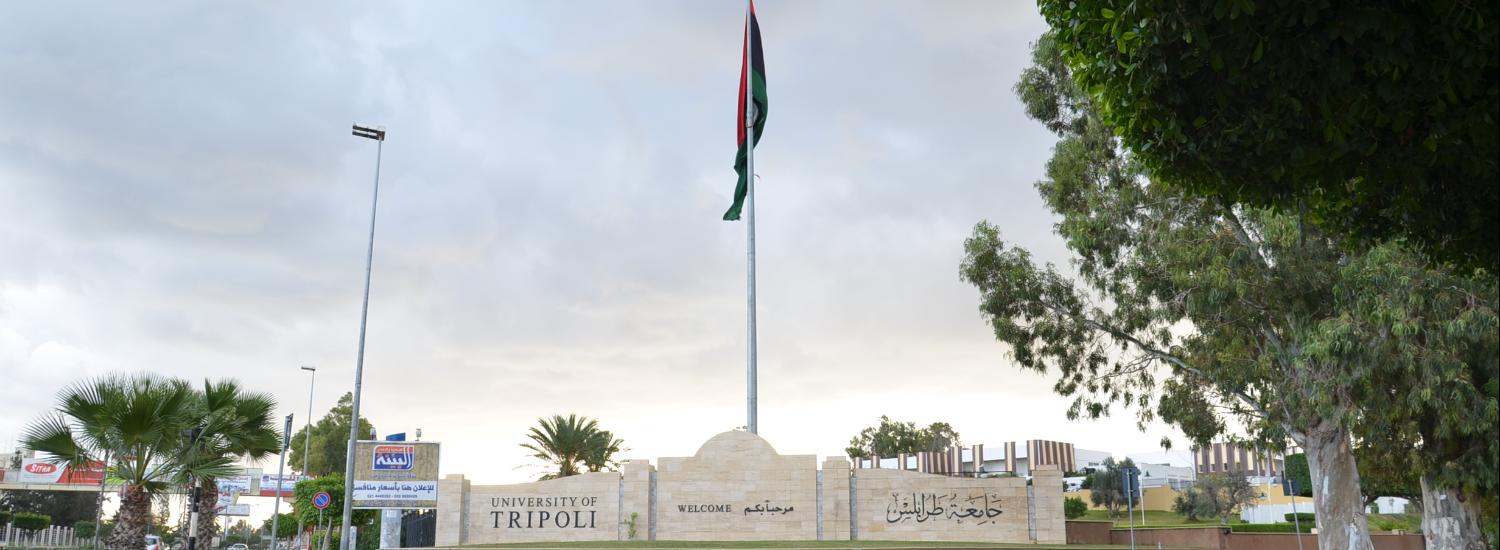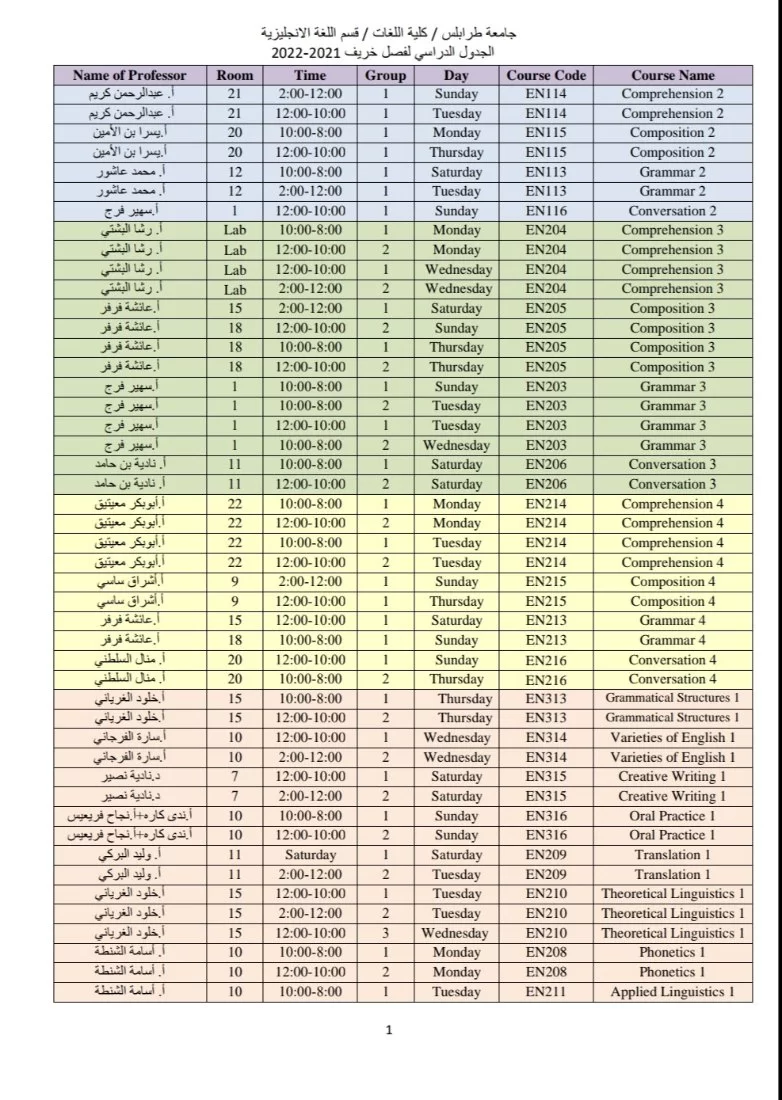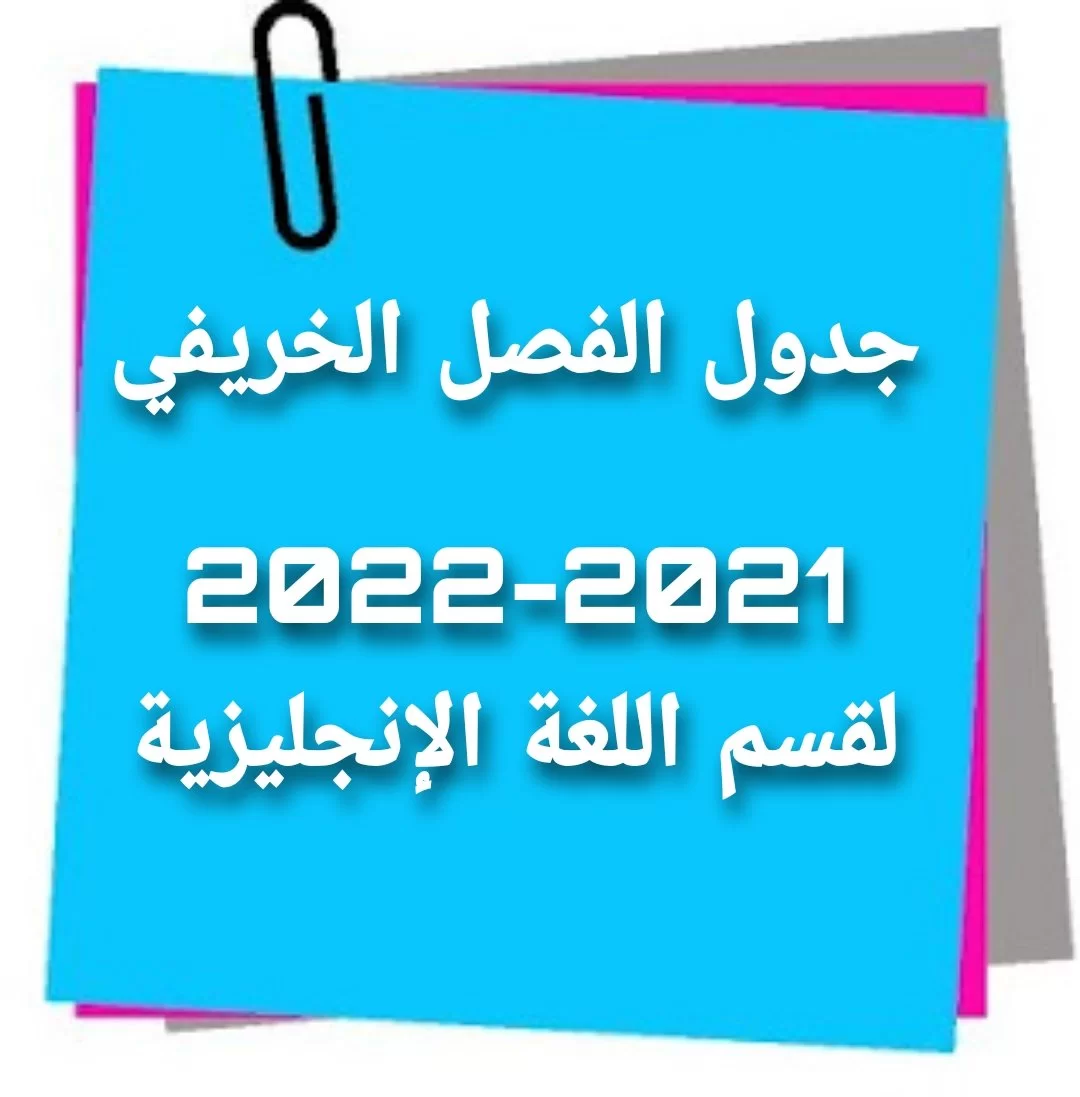ممارسة التقييم الذاتي ودوره في استمرارية التطوير المهني في مجال تدريس اللغة الانجليزية دراسة (تحليلية لبعض معلمي اللغة الانجليزية بمرحلة التعليم الثانوي بمدينة طرابلس) The Role of Reflective Teaching Practice in the Continuous Professional Development of Teachers – A case study of English Language Teachers in Tripoli Secondary Schools
يتلخص مضمون هذه الرسالة بأن دراسة تحليلية لمعلمي اللغة الانجليزية بمرحلة التعليم الثانوي، تؤكد بأن التطوير المهني المستمر يمثل الرافعة الاساسية وحجر الزاوية لكل تجديد يستلزم مواكبة المستجدات في أفق الاصلاح المنشود، كما انه يمثل الاهمية البالغة باعتباره ورشا مفتوحا وخيارا استراتيجيا لا مناص منه لكسب رهان الجودة وذلك بممارسة مفهوم (التقييم الذاتي (بغية التعلم من الخبرات السابقة الذي يؤدي الي التطوير المهني. حيث اجمعت الأدبيات التربوية علي أن التطوير المهني المستمر هو التكوين الذي يتلقاه المعلمين بعد التكوين الأول الذي حصلوا عليه قبل الخدمة, ويستهدف هذا التطوير مواكبة الاحداث والمواقف التي تظهر عادة في اساسيات العمل الذي يمارسونه وذلك من خلال التدرب علي اكتشاف تلك المواقف والمستجدات والقدرة علي تحليلها وتقييمها وأتخاد القرارات المناسبة حيالها بغية ابتكار حلول مناسبة ليتم بذلك تكوين خبرات جديدة منبثقه من الخبرات السابقة التي تم التعرض لها داخل الفصول الدراسية, والذي يساهم بذلك في رفع الكفاءة المهنية لدي المعلمين . وبناء علي ما يؤكده المتخصصون في مجال التربية والتعليم بأن هناك احساس متزايد كون أن برامج تأهيل المعلمين قد لا تتناسب أو لا تخدم موقف او ظاهرة سلوكية بعينها, فمن هنا جاءت فكرة التقييم الذاتي بأعتبارها تركز بشكل مباشر علي تغيير برامج إعداد المعلمين من مفهوم ) ما الذي يجب أن يفعله المعلم ( الي مفهوم (لماذا وكيف يفعل ذلك ( فضلا عن ان عملية التدريس اضحت عملية تكدس للمعارف والعلوم المفروضة عليهم لغرض معين دون منحهم فرصة التدريب والتدرب ليتمكنوا بذلك من كيفية التعامل مع المواقف السلوكية التعليميةبأنواعها المختلفة. ومن خلال تلك الافتراضات, يري منظروا التربية الحديثة أن المدرس الناجح يجب أن يمتلك كفاية التبصر والتقييم الذاتي والقدرة علي استيعاب الاثار الجانبية للمهنة , حينذاك يكون في محور التعليم الذي يتوقع أو يستبق الافعال المعرفية للتلاميذ, بعد ذلك تتم ملاحظة مدي نجاحهم أو إخفاقهم وهنا يكون في محور التعلم, لكن المدرس لا يكتسب هذه الكفاية الا اذا كان نشاطه مؤسسا علي وسائل فكرية تسمح بتجاوز الطابع التجريبي, والمرور عبر نظريات وخبرات سابقة من اجل انطلاقة جديدة , ان الاساس في اكتساب هذه الكفاية هو التناوب بين التطبيق والنظرية ثم التطبيق , ان هذا الانعطاف للنظرية التي يفرضها التناوب ينبغي القيام بها باستمرار وفي هدوء وبشكل فردي او جماعي مع مدرسون أو مدربون اخرون وذلك لأسباب مختلفة يذكر منها ان مهارة التقييم الذاتي أو التحليل تكتسب مع الوقت ولا يمكن التحكم فيها في وقت قصير. Abstract: The role of reflective teaching practice in the continuous professional development of teachers is a case study of some English language teachers in some secondary schools in Tripoli. The study is subdivided into five chapters. The first chapter is concerned with the initial key elements of the study such as the introduction , the problem of the study , the literature review that support the study , the purpose and the significance of the study, the research questions and the limitation of the study . The second chapter is concerned with the review of literature. It consists of two parts. The first part is concerned with supervision process and practical experience. In this part, the notion of supervision is presented explaining how the process of supervision is changed from time to time in order to help teachers develop their proficiency competence in teaching, and how the view of the position of the supervisor is changed from a person who has the authority to ask teachers what they have to do and what they have not to do, to a person who is more collaborative with the teachers who work together as collages in different jobs, by selecting certain approaches based on the needs of the teachers. In addition, some of supervision models from different education trends are presented to be as approaches that help teachers improve to their learning strategies. The second part of this study is concerned with reflective practice and the continuous professional development. In this part, the history roots of reflective practice are produced; the notion of reflective practice is identified explaining how this notion intends to transfer teachers from the view of technicians to the view of practitioners. In addition, different VIII reflective practice models that can help teachers grow professionally are carefully selected and defined. The third chapter is concerned with the research design and methodology. In this chapter the subject teachers, the questionnaire and the procedure of data analyses are described. The forth chapter is analyses for the purpose of answering the research questions, and to understand the teachers' attitude of practicing reflection. Chapter five which is the last chapter in this study is devoted to the findings of the study consisting of conclusion and the recommendations made in of the results.
فتحي العماري مفتاح القنصل (2014)
Publisher's website













